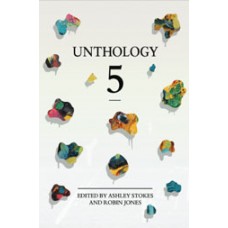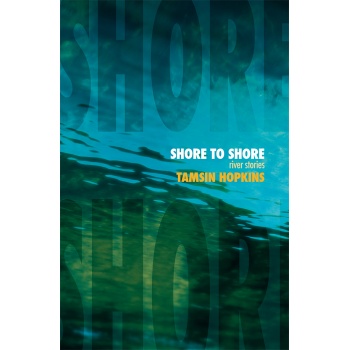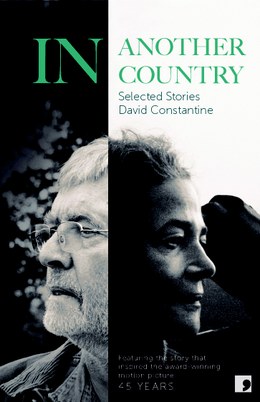Jebel Marra by Michelle Green
-Reviewed by Cath Barton-
The Darfur region of Southern Sudan in the Nile Valley of North Africa has been riven by civil war since 2003. Michelle Green worked for a humanitarian aid agency in Darfur in 2005 and this collection of 15 stories is rooted in her experiences there.
Clearly such work has a strong impact, one which changes those who do it. The first story, ‘Debrief’, sums this up in punched sentences, telling us how difficult it is to share ‘the ugly stains on your memory’. The following stories do just that though. Although expressly fictional, they feel like a kind of unburdening.
The landscapes of the country are broadly sketched, for example, in ‘The Rig’:
…the wild, dry lands that lay north of Zalingei town and the green slopes of Jebel Marra.
These are lands of displacement, places where whole villages are burnt and the inhabitants are forced to move to camps where supplies of food and water are at best uncertain. The names of places – Geneina, Abata, Kurni – are, to those of us unfamiliar with the area, no more than names, but the book comes to life in the stories of individuals. In ‘The Rig’ the story is of Gloria, who is from Kenya, now in Darfur drilling boreholes to get water for the displaced people and sending money back home to support her child. She, like those working alongside her, is there out of choice, but in a kind of trap, like the beetle being chased by a cat as she talks with a colleague one night:
This led into the usual conversation of where and how long and how hard everyone’s previous assignments had been and all the while that beetle ran and ran in the same eight inch circle in the sand, every potential escape route blocked by a quick white paw.
The stories tell, as they must do in saying anything about Darfur, of violence, of disease, of death, experiences in which aid workers and other foreigners are themselves caught up. In the long short story ‘The Nightingales’ the narrator is a journalist from Croatia. The description of his panic on being kidnapped and held at gunpoint is vivid:
I am motionless, feeling the day bend. The man at the end of the gun speaks, calmly this time, with the even pace of finality, and the sound of his voice loosens something in me. It rushes forward. The call from the loudspeaker at the end of the road, my first home, Sarajevo and the sound of the early mornings of childhood.
There is a tumble of characters through these stories, and a welter of detail which threatens to overwhelm the reader. Within this I particularly appreciated the little gentle pictures from everyday life which both form an essential counterpoint to the heaviness of life in a war zone and throw it into sharper relief. In ‘The Waiting Room’, the spectre of HIV lurks but Samia is sitting in the shade ‘wiggling her toes in orange flip flops’. In ‘Little Fish’, Rayya’s brothers are arrested and taken away, and after their mother stops crying things fall quiet:
Rayya cooked the beans, watched as they bubbled and gurgled in the pot, popping with such gentle little breaths that she almost cried at the sound of it.
Most of these stories are set in and around the Jebel Marra area, in the midst of the conflict, its effects on people there relentlessly (though, let it be said, never gratuitously) documented. But there is one story, ‘Tuti Island’, which is more shocking because removed, geographically and emotionally. The narrator works in the capital of Sudan, Khartoum, in the President’s office. His work is, shall we say, not innocent, but one of his main worries is about his weight because of the time he spends behind a desk and he says of his wife:
She finds Darfur stifling and backwards, and I can’t really argue with that.
These stories are never polemical but really flesh out the stark newspaper reports about the war in Darfur, reminding us that war is not general but specific, and that, in one way or another, every individual involved is a victim of it.





